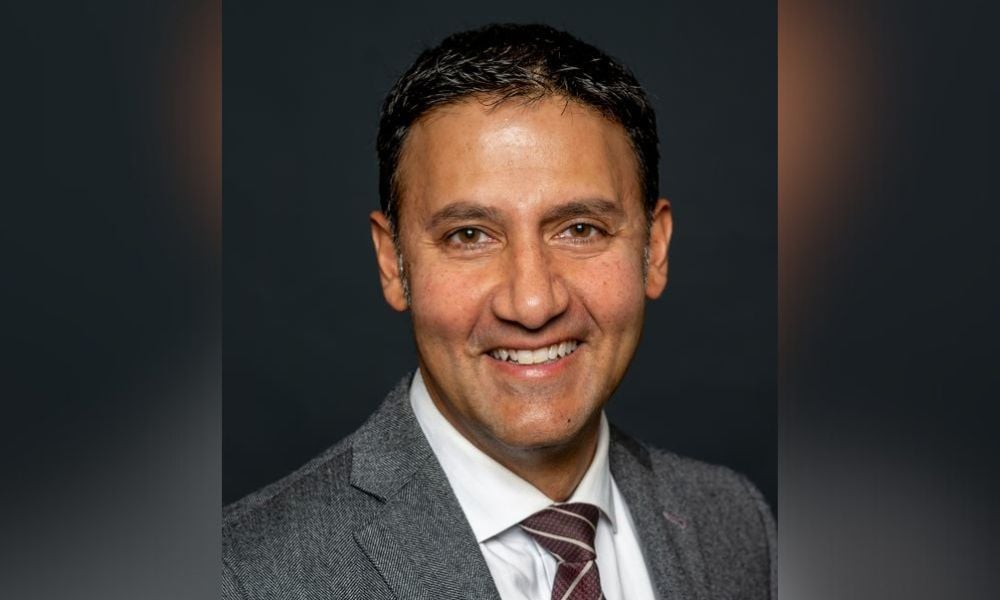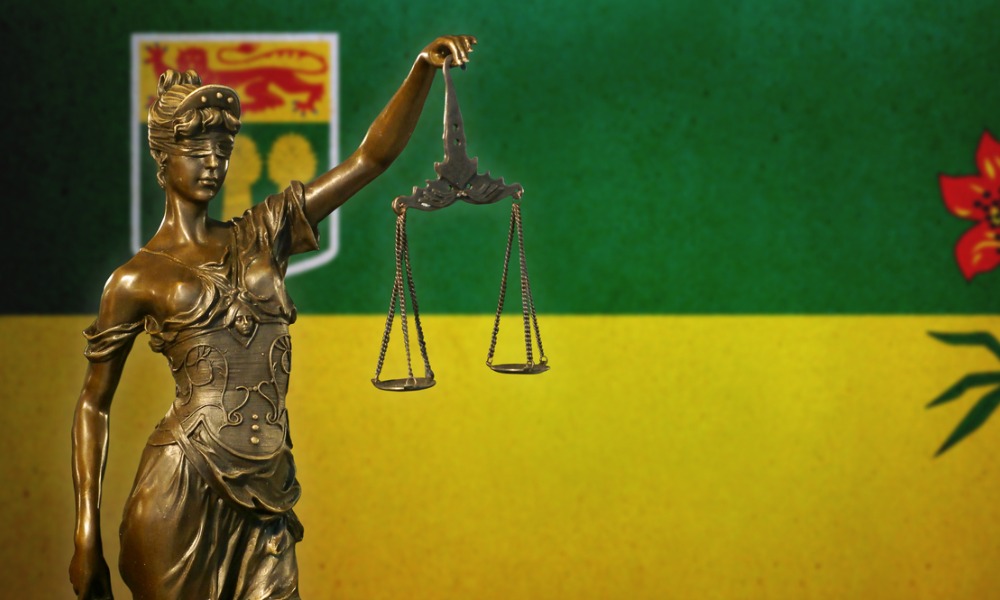Two recent Federal Court of Appeal rulings seemingly expand that power: Robert Kreklewetz

Since the 1948 Supreme Court of Canada decision in Johnston v. Minister of National Revenue, Canadian tax authorities have been entitled to make factual assumptions in tax assessment appeals, which the taxpayer has the onus of disproving.
In two recent decisions, the Federal Court of Appeal has expanded the power to make factual assumptions to assumptions of mixed fact and law, says Robert Kreklewetz, an indirect tax, customs, and trade lawyer at Millar Kreklewetz LLP.
Kreklewetz says this shift in the law represent a “sea change,” which he would like the Supreme Court of Canada weigh in on.
The first decision was Canada v. Preston, 2023 FCA 178. In Preston, the federal appeal court disagreed with the Tax Court judge that the CRA’s assumption about the fair market value of a property should be struck from its pleadings. A little over a month later, in Canada v. Adboss, Ltd., 2023 FCA 201, the Federal Court of Appeal ruled that assumptions of mixed fact and law – in this case, who was the controlling mind of a corporation at issue – can be struck from the government’s pleadings when those assumptions are at “the heart of the litigation.”
Kreklewetz says the Preston decision represents a shift from the 2003 Federal Court of Appeal decision in Canada v. Anchor Pointe Energy Ltd., FCA 294, which provided a clear-cut rule: CRA’s assumptions must only contain facts.
Preston and Adboss cannot be reconciled, he says. The question of the property’s fair market value in Preston went to the heart of the matter. Applying the logic from Adboss, the assumption in Preston should not have stood either, says Kreklewetz.
The power imbalance with which the court dealt in 1948 was that the CRA did not have the facts, says Kreklewetz. He says it is a very different power imbalance when it comes to the law because the Department of Justice, the largest and most well-equipped law firm in the country, knows the law.
David Rotfleisch is a certified tax law specialist and founder at Rotfleisch & Samulovitch in Toronto.
“If you are the CRA, and you're auditing a taxpayer, to some extent, you're a blind man exploring an elephant,” says Rotfleisch. “They can assume facts. The reason being that they don't know the facts. We are in possession of all of the facts because they're coming in and auditing us and investigating us. They don't entirely know what happened, so they are allowed to make assumptions in their pleadings.”
In Hickman Motors Ltd. v. Canada, [1997] 2 S.C.R. 336, the SCC rules that once the CRA pleads a fact, the onus shifts to the taxpayer to prove or disprove that fact, he says.
“If they plead that I sold a house or property on December 1, 2022… Unless I offset that assumption, that is accepted by the judge as a given.”
The power to assume facts and the onus to disprove become more complicated in a situation where the taxpayer must prove a negative, says Rotfleisch. For example, if the CRA submits that the taxpayer earned unreported income. “How do I actually go about showing that I did or didn't earn unreported income?”
In Preston and Adboss, he says that the taxpayer moved to strike part of the pleadings – assumptions of mixed fact and law – and were successful in one but not in the other. But ultimately, whether an assumption of mixed fact and law remains or is struck from the pleadings makes little difference, says Rotfleisch.
“The legal issues are going to be ultimately decided by the judge based on your legal submissions – you being both lawyers. So, how are you prejudiced by this assumption of mixed facts and law? You're not.”
“The onus question – where you have a potential prejudice because you have to disprove the factual assumption – remains unchanged,” he says. “You still have the obligation to disprove the factual assumption. The legal part of the assumption is irrelevant. There's nothing to disprove; it's legal analysis, legal argument.”
Kreklewetz says that the Federal Court of Appeal judges may argue that statements of law are for the judge to decide, and there is nothing for the taxpayer to disprove, so his concerns are “much ado about nothing.” However, he notes that taxpayers at the Tax Court of Canada are usually self-represented.
“Tax litigation, in and of itself, is like going into a fight with one hand behind your back,” he says. “CRA is powerful. The Department of Justice is powerful. The small taxpayers, not so powerful.
“When you allow the CRA and the Department of Justice to make assumptions – and now, assumptions that include statements of law – that's like taking that other hand and putting two hands behind the taxpayer’s back.”
Kreklewetz says it's an easy fix: The CRA or the Department of Justice should not be permitted to include statements of law in their factual assumptions.










